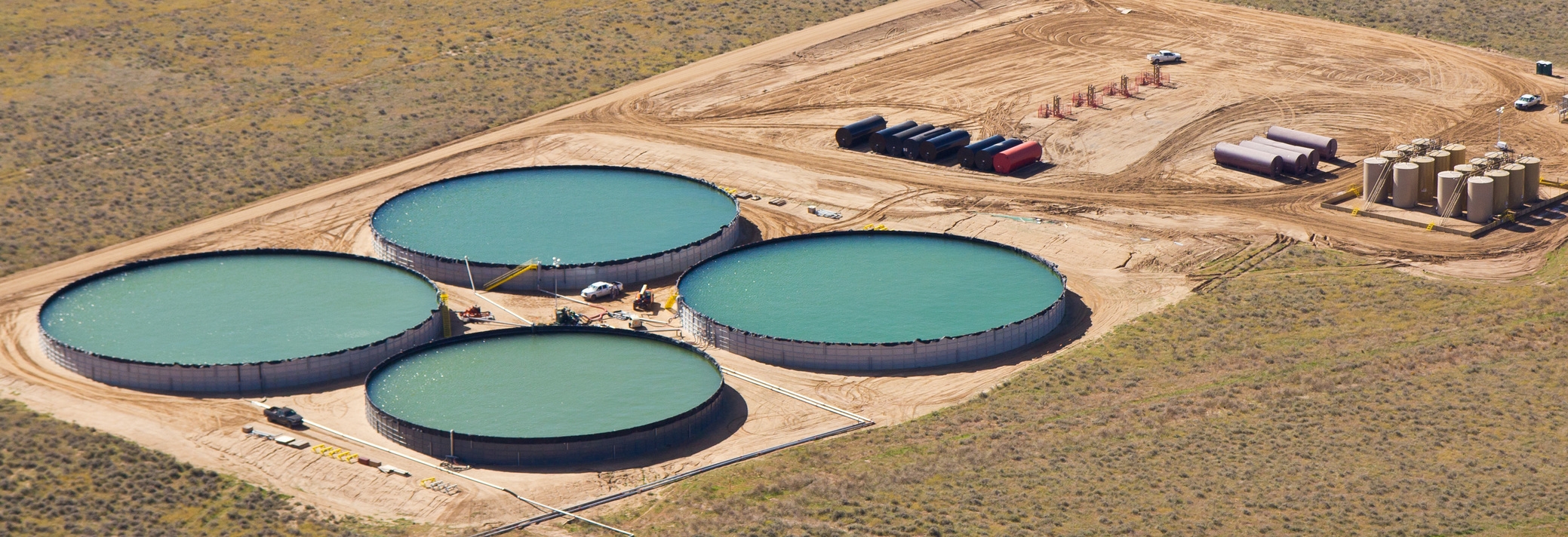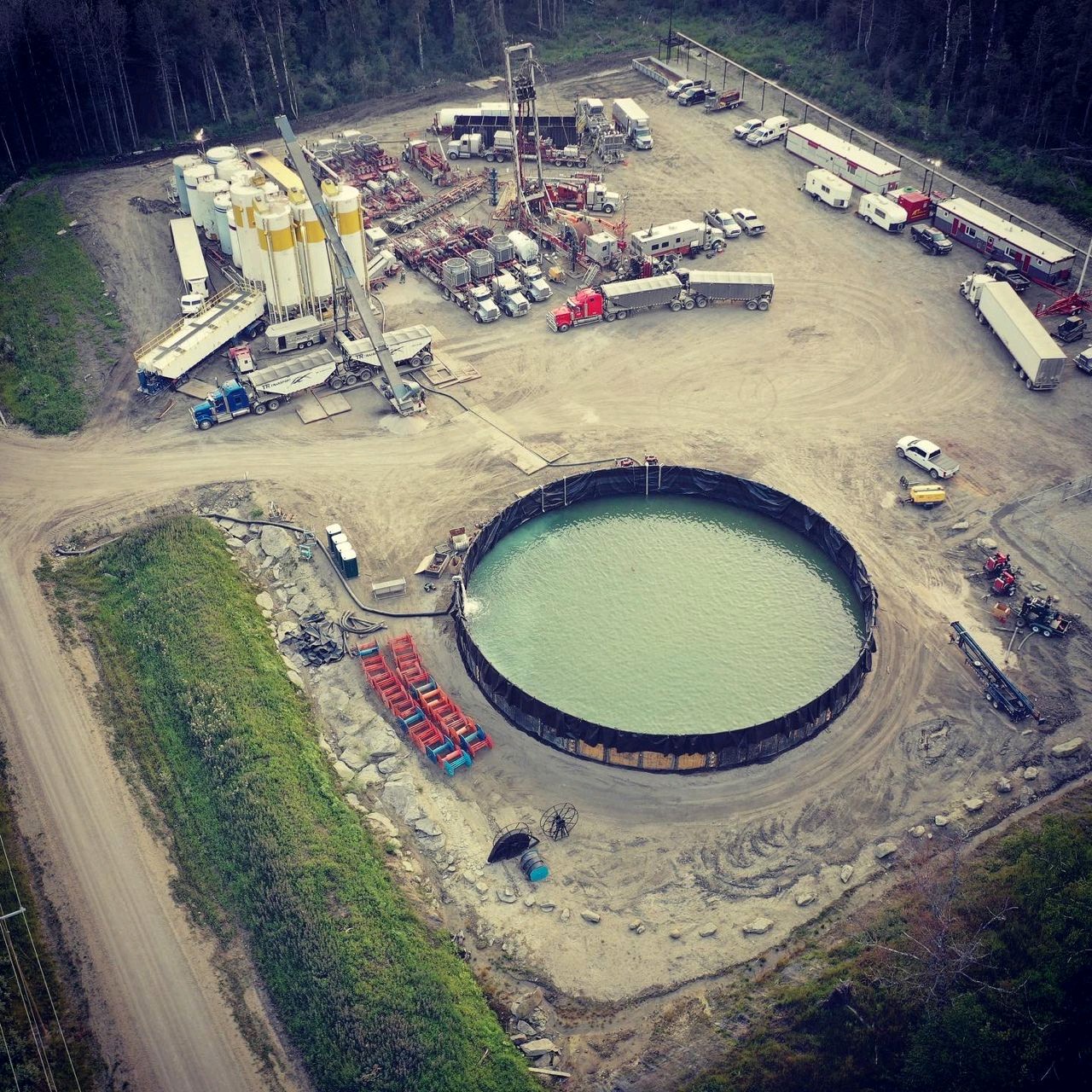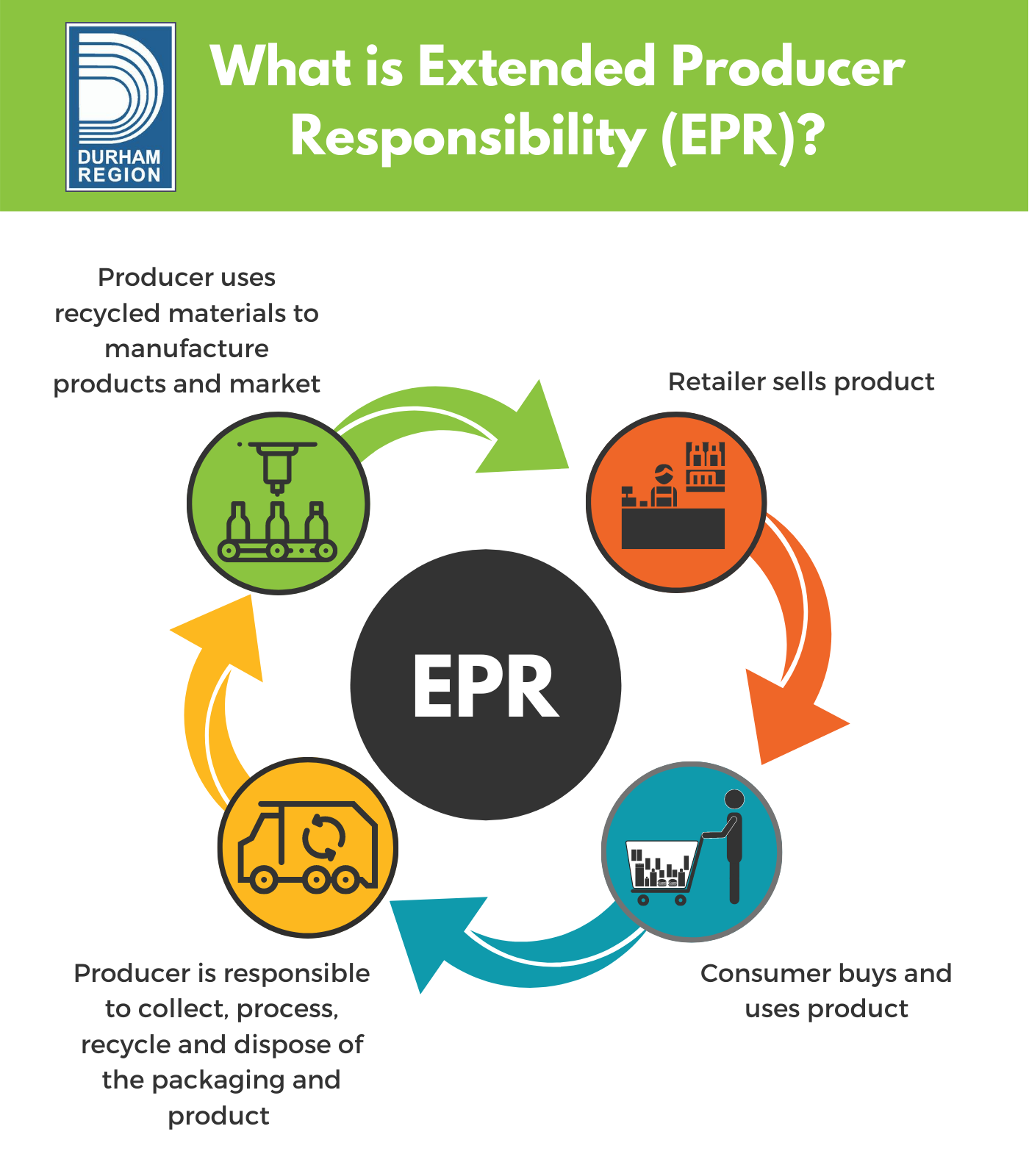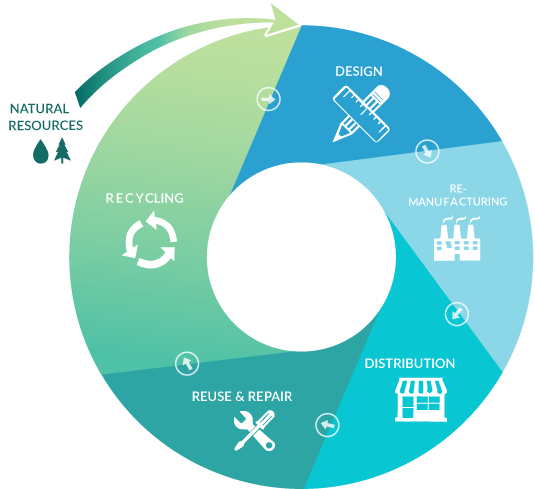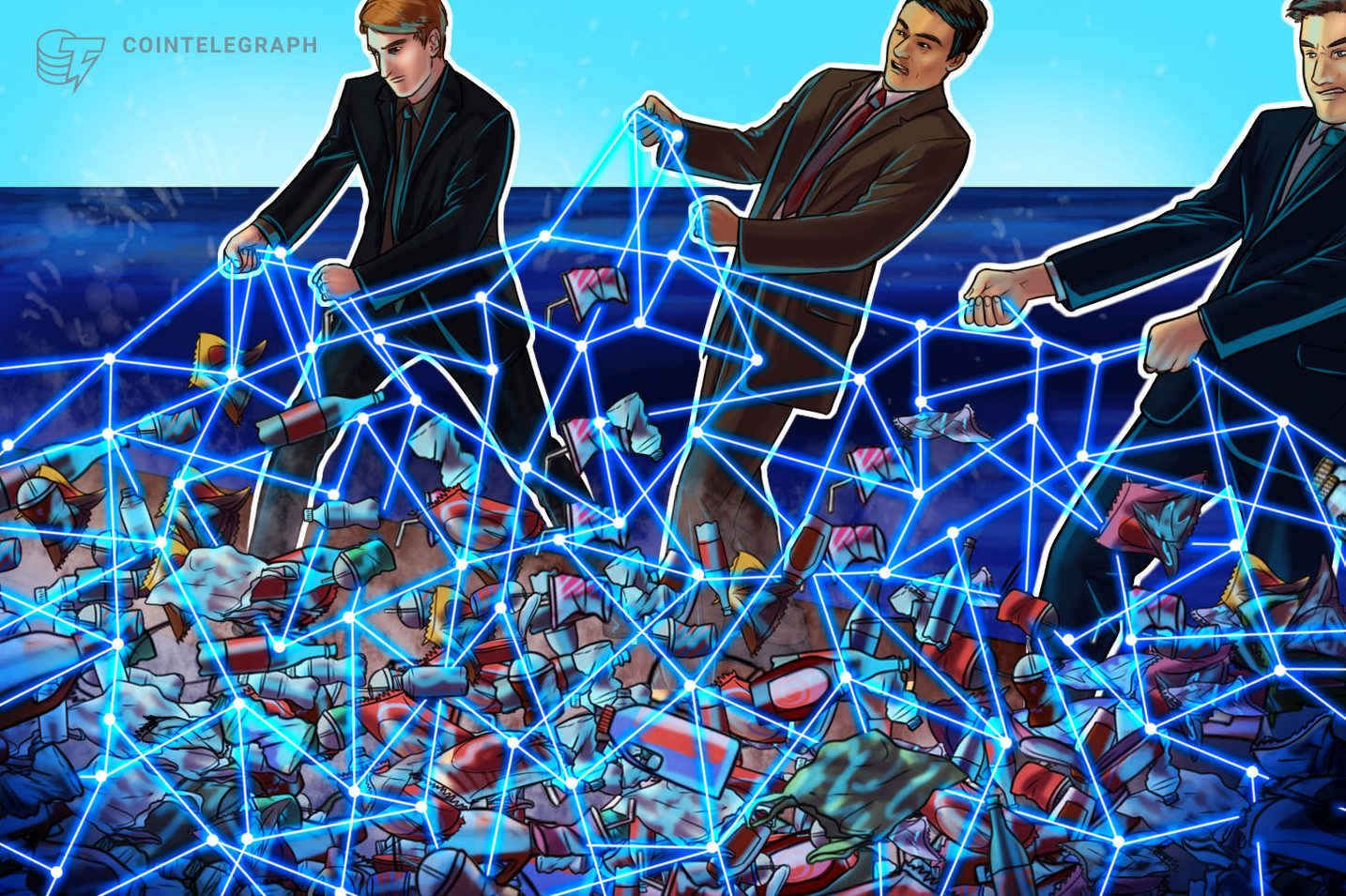Extended Producer Responsibility (EPR) Policy
Extended Producer Responsibility (EPR) – policies are usually mandatory (government), negotiated, or voluntary. But which method is best? In economies that are market-driven, voluntary measures are preferred. Unfortunately, when dealing with the environment, negotiated and mandatory policies have consistently been required to solve environmental issues. However, as an example of voluntary participation, Rundle Eco Services Ltd. is able to collect waste material from field operations in the energy industry, and recycle it into different products for future use. All while making a profit and supporting the environment.
#recycling #greentechnology #ecocapitalism #profits #epr
